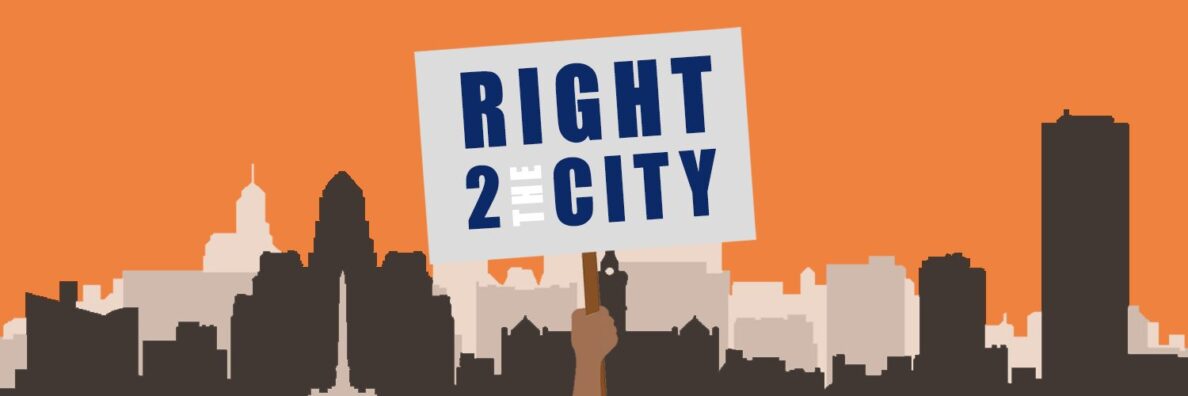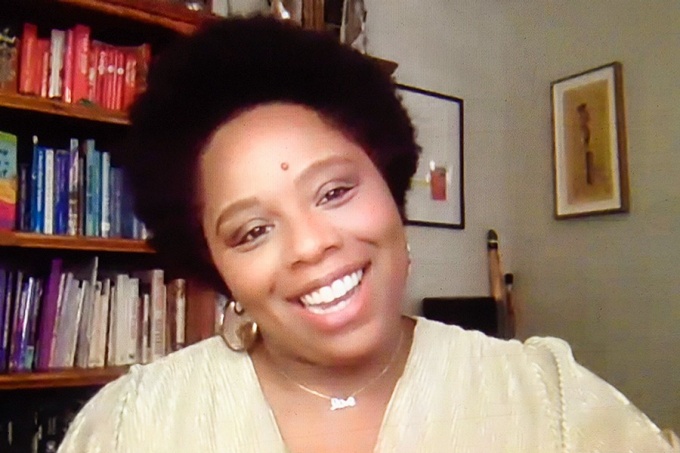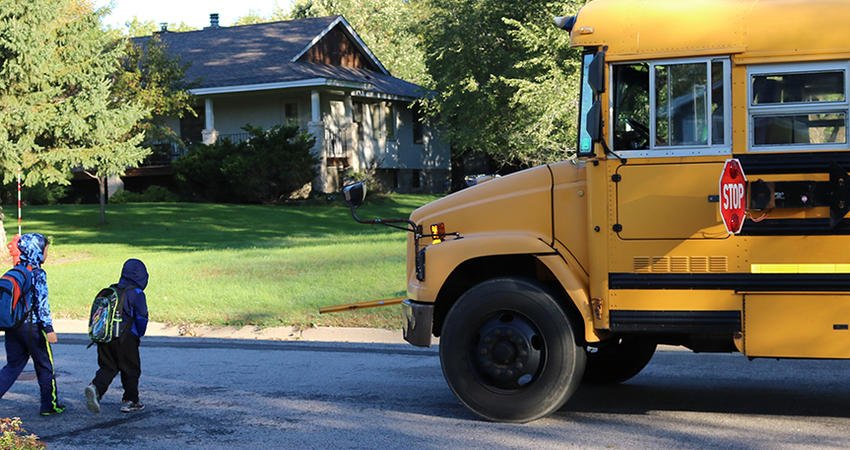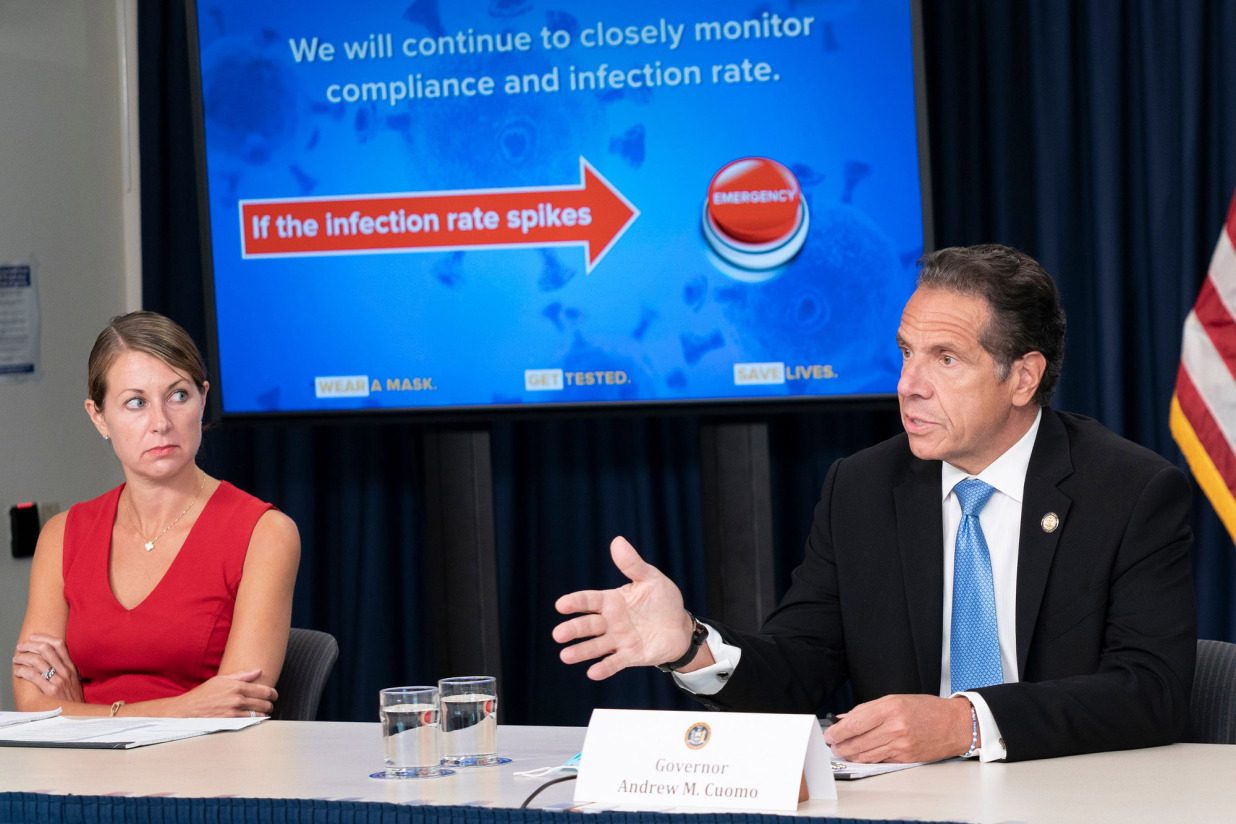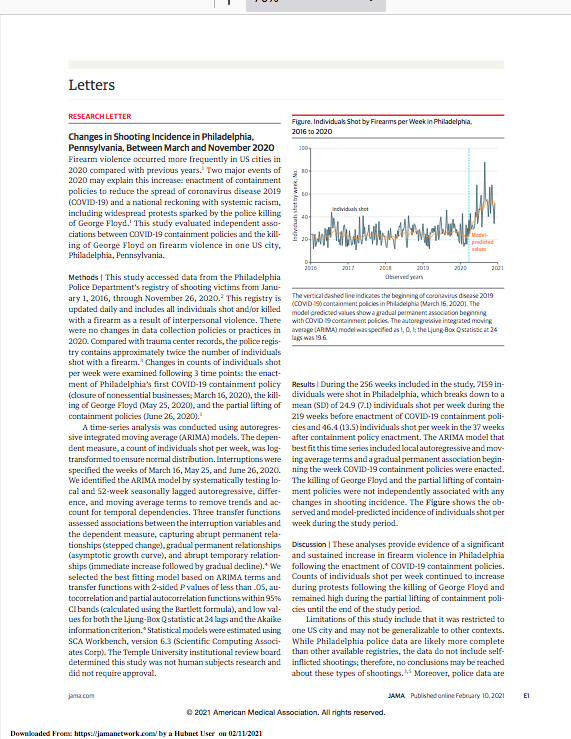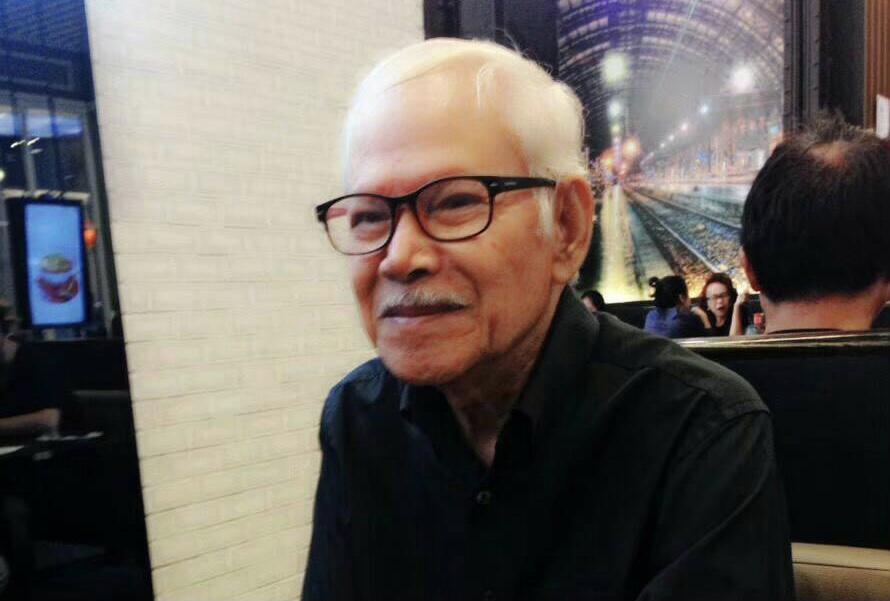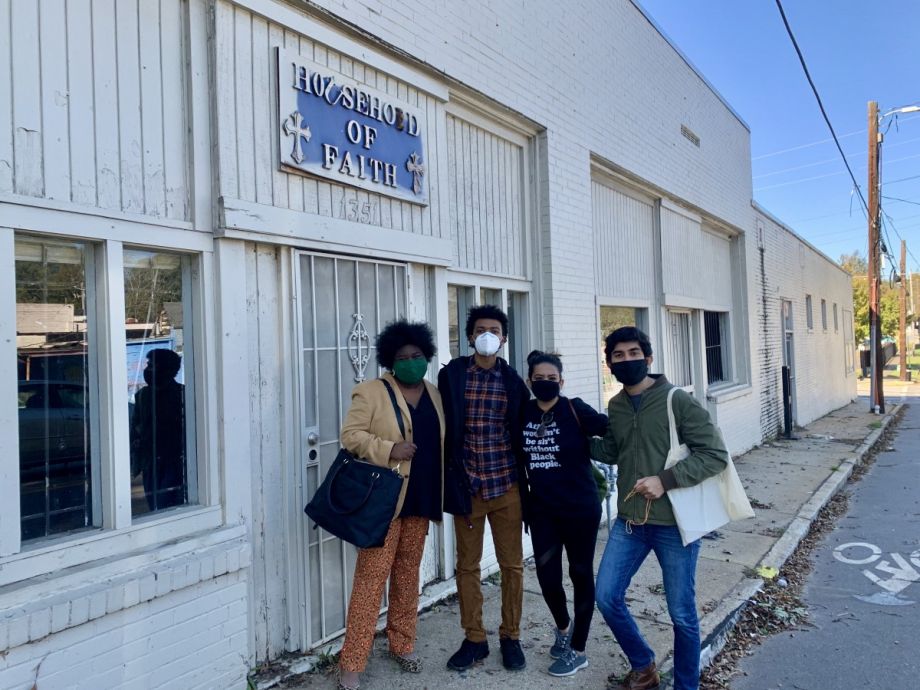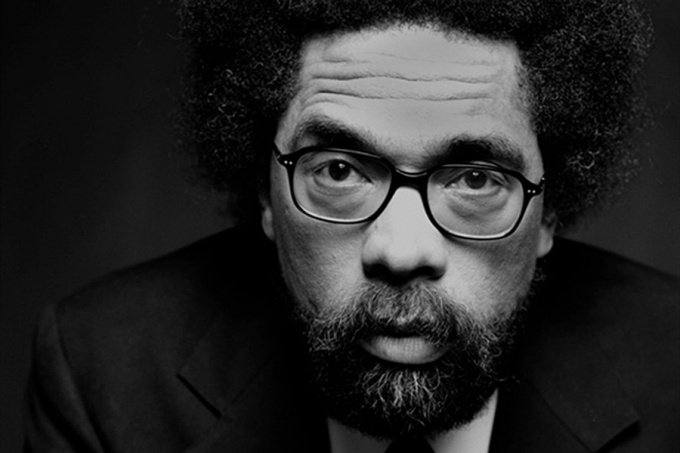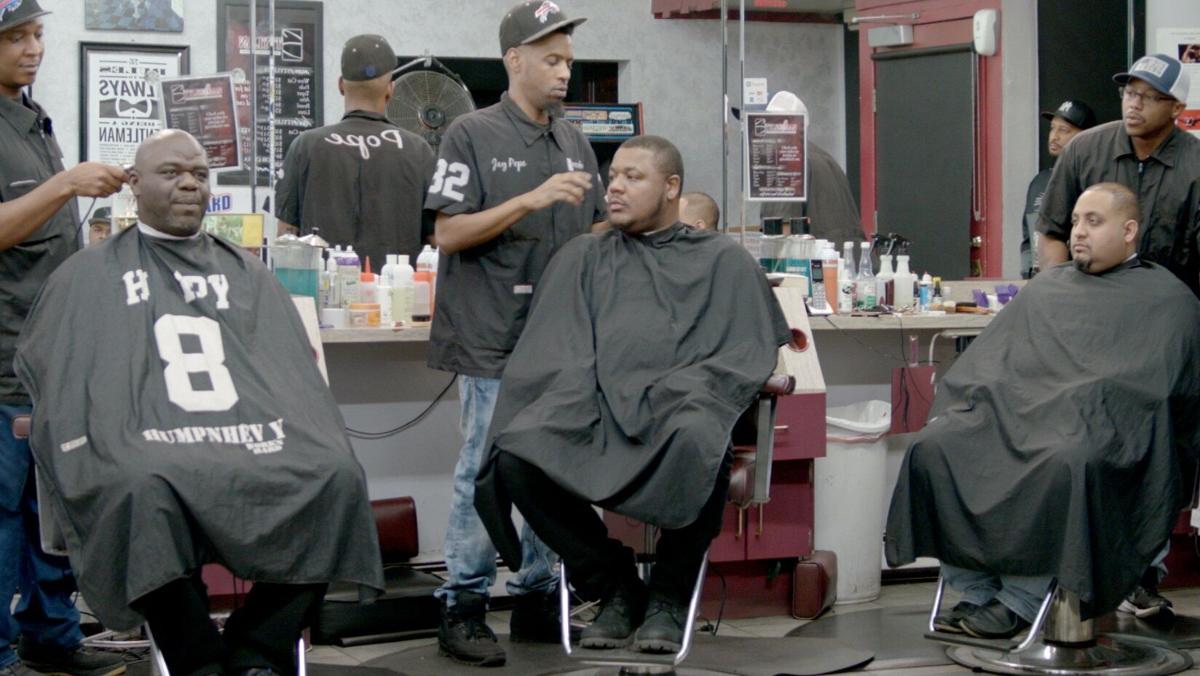BLM co-founder Cullors discusses power of protest with UB audience
By Ellen Goldbaum
Read the full article from UBNow here.
“What does it mean when authorities in your own government call you a terrorist? What does that mean when you’re a social activist, a co-founder of a movement that calls out the frank injustice of the long history of police violence against Black people and other Americans of color? And how is it that that movement, that has been so viciously targeted, has now been nominated for the Nobel Peace Prize?”
